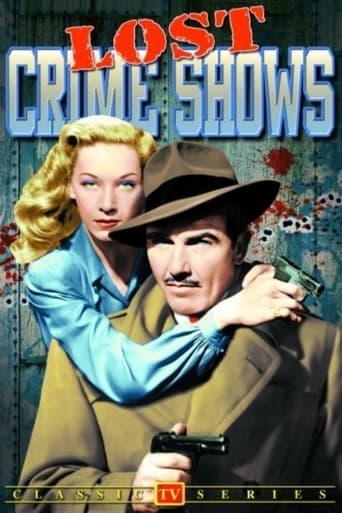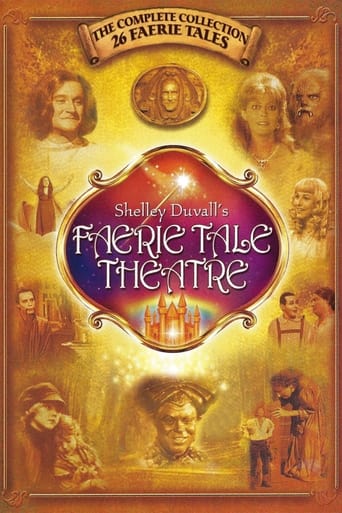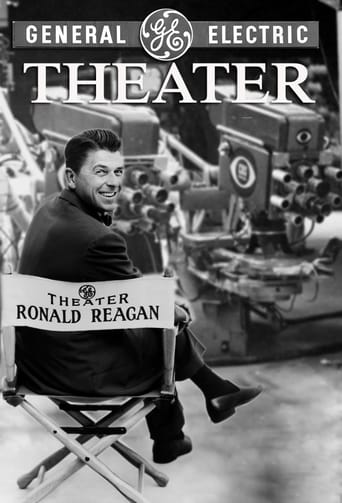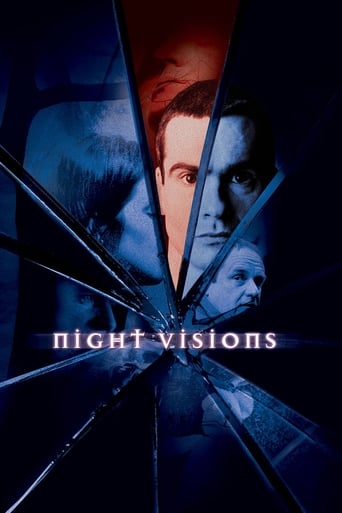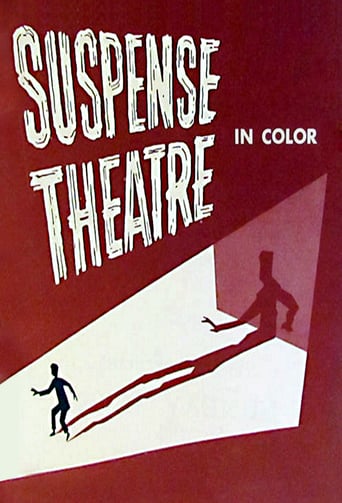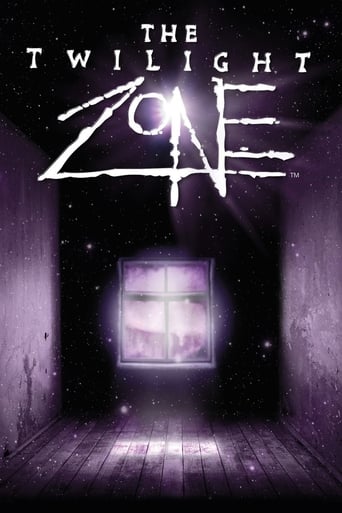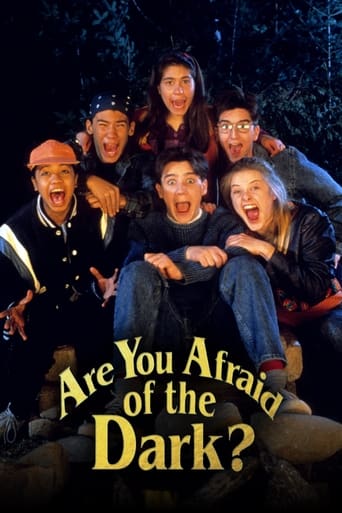Cavalcade of America Season 3

Cavalcade of America is an anthology drama series that was sponsored by the DuPont Company, although it occasionally presented a musical, such as an adaptation of Show Boat, and condensed biographies of popular composers. It was initially broadcast on radio from 1935 to 1953, and later on television from 1952 to 1957. Originally on CBS, the series pioneered the use of anthology drama for company audio advertising. Cavalcade of America documented historical events using stories of individual courage, initiative and achievement, often with feel-good dramatizations of the human spirit's triumph against all odds. This was consistent with DuPont's overall conservative philosophy and legacy as an American company dating back to 1802. The company's motto, "Maker of better things for better living through chemistry," was read at the beginning of each program, and the dramas emphasized humanitarian progress, particularly improvements in the lives of women, often through technological innovation.
Watch NowWith 30 Day Free Trial!
Cavalcade of America
1952
Cavalcade of America is an anthology drama series that was sponsored by the DuPont Company, although it occasionally presented a musical, such as an adaptation of Show Boat, and condensed biographies of popular composers. It was initially broadcast on radio from 1935 to 1953, and later on television from 1952 to 1957. Originally on CBS, the series pioneered the use of anthology drama for company audio advertising. Cavalcade of America documented historical events using stories of individual courage, initiative and achievement, often with feel-good dramatizations of the human spirit's triumph against all odds. This was consistent with DuPont's overall conservative philosophy and legacy as an American company dating back to 1802. The company's motto, "Maker of better things for better living through chemistry," was read at the beginning of each program, and the dramas emphasized humanitarian progress, particularly improvements in the lives of women, often through technological innovation.
Watch Trailer
With 30 Day Free Trial!
Cavalcade of America Season 3 Full Episode Guide
During the War of 1812 a Baltimore attorney goes on a rescue mission behind the British lines. His name is Francis Scott Key and the trip inspires him to write the national anthem, ""The Star Spangled Banner.""
Dramatizes the part played by Allan Pinkerton and his National Detective Agency in thwarting a Southern plot to assassinate Lincoln as he passed through Baltimore in 1861 on his way to his first inauguration.
A drama about a newspaper editor's reluctant decision to print a story which will bring sorrow to a man whom he deeply respects.
Dramatizes the campaign waged by James E. West and Theodore Dreiser to establish the first juvenile court in the District of Columbia. Half a century ago a young attorney named James E. West became interested in juvenile delinquents. His fight for more humane treatment of mistreated youngster led to a great improvement in the laws.
Tells how Mrs. Alice Lloyd, a forty-year-old Bostonian, started a school in the mountain town of Caney, Kentucky, in 1916 and gradually overcame local opposition to education by showing that her students could use their education to help their own community.
Shows how the influences of a farm environment, the necessity of assuming responsibility, and the receiving of faith and trust from a loving family contribute toward the rehabilitation of an unhappy city orphan.
Dramatizes the career of Dr. George Minot, and Nobel prize winner who disregarded his own diabetic condition and successfully continued his experiments to effect a cure for pernicious anemia. Time: 1922.
The events leading to the construction of the Monitor, the ironclad ship built by the Federal Government during the Civil War to oppose the Merrimac.
Typical incidents in the daily life of a city patrolman are used inexplaining the role of the police force in protecting citizens and maintaining order in the community.
A biographical drama about Doctor Abraham Jacobi and his wife, Doctor Mary Putnam Jacobi, whose theories about prenatal and child care brought about the recognition of pediatrics as a separate branch of medicine.
The heroic activities of Captain Robert Stobo,of the Virginia Militia, who, as a prisoner of the French during the French and Indian War, procured for the British the plans of Forts Duquesne and Quebec and made possible an important British victory.
Dramatizes an episode in the life of Chief Justice John Marshall, showing how his decision in the case of Marbury vs. Madison resulted in the recognition of the Supreme Court as the final authority in the interpretation of the Constitution.
The story of the Navy's first plane to take off vertically and of the man, Lt. Col. ""Skeets"" Coleman, who made the first take-off.
A biographical account of the career of Elizabeth Blackwell, the first woman doctor to practice in America, who, with the assistance of her younger sister, managed the New York Infirmary for Women and Children. Dr.Elizabeth Blackwell is befriended by New York newspaperman Horace Greeley in her struggle to obtain recognition and respect for professional women.
An account of the heroic mission of Lt. Andrew Rowan, who braved the Cuban jungles, risking capture and execution by Spanish troops in order to obtain information to aid the United States in the Spanish-American War.
A story about Lou Diamond, a marine gunnery sergeant who refused to let old age and sickness keep him from his post with the Fifth Marine Regiment during World War II.
A dramatization of some of the events leading up to the American Revolution. Shows the part played by James Otis in defending the right of citizens to be protected against unreasonable search and seizure of home and property.
A biographical account of the wartime medical service of Dr. Mary Walker, who was awarded the Congressional Medal of Honor for her courageous work as a civilian surgeon among Federal troops during the Civil War.
A dramatization of a typical twenty-four-hour period in a doctor's life. Follows his activities during his night calls, his work at a hospital, his office appointments, and his efforts to save the life of a young stranger who is the victim of a rare disease.
The story of Ann and Adoniram Judson, American missionaries, whose determination to return love and understanding for hatred not only saved their own lives but also helped end the war between Great Britain and Burma in 1824.
The history of Thanksgiving Day is presented by dramatizations of the holiday as it was in Washington's time and Lincoln's time.
Relates the story of James Ohio Pattie, the first American to write an account of a visit to California. Reenacts his arrival in San Diego, the Mexican provincial capital, in 1828, and portrays his role in averting a smallpox epidemic, thus winning the friendship of the Mexicans and freedom for the Americans whom they held in captivity.
A drama about Father Junipero Serra, an 18th century Spanish missionary who devoted his life to establishing missions up and down the coast of California. Depicts incidents connected with the Portola Expedition to San Diego in 1769 and portrays the role of Father Serra in civilizing the Indians there.
In the midst of preparations for his political debates with Douglas, Lincoln successfully defends William Armstrong, a benefactor's son who is charged with murder.
The events in the life of Eliphalet Remington leading to the development of his famous rifle which played an important part in American history because it gave to the pioneers a cheap and superior substitute for European-made weapons. Eliphalet Remington builds his own rifle on his father's forge. He then enters a shooting match in an attempt to prove that American-made goods offer worthy competition for the more expensive European-made items.
A dramatization about Cyrus Field, who after several unsuccessful attempts, realized his dream of laying a cable across the Atlantic from Newfoundland to Ireland. The story of the great faith and fortitude of Cyrus Field in his attempt to lay the first telegraphy cable beneath the Atlantic Ocean. Field was labeled a swindler when his first try failed, but he continued his work.
Free Trial Channels
Seasons


